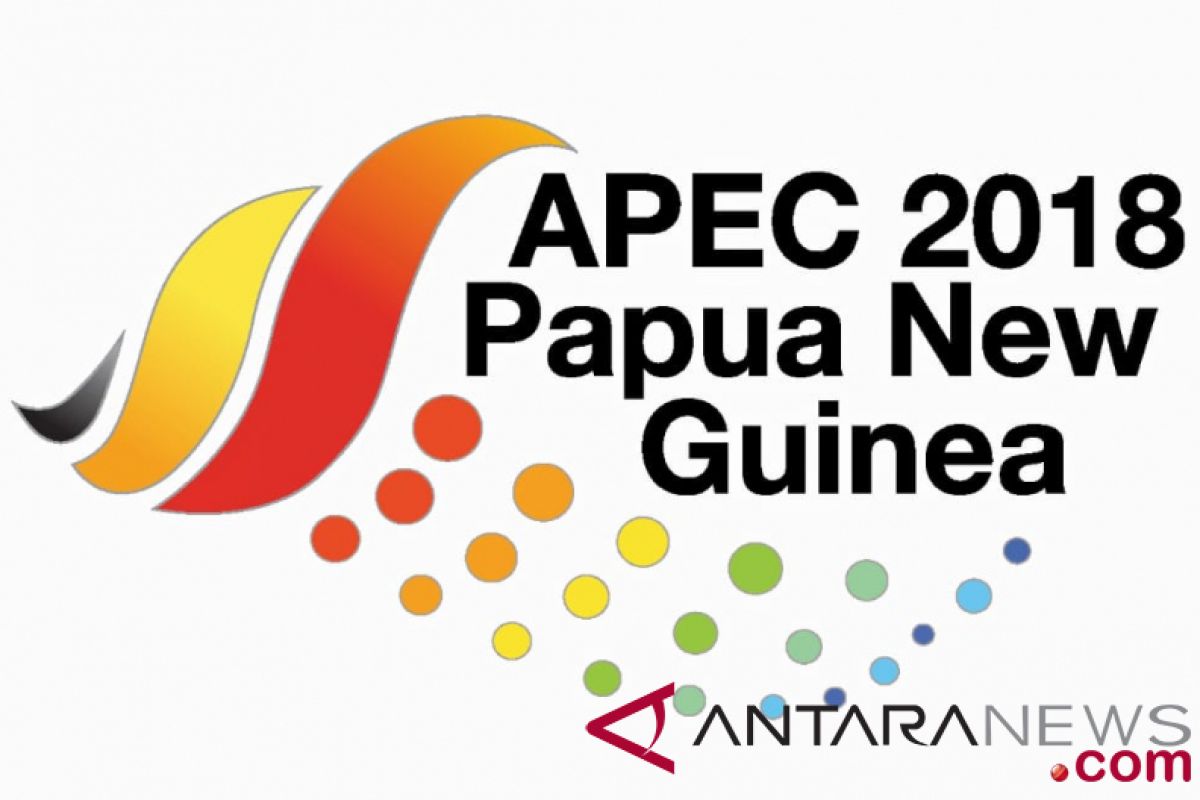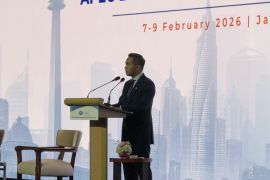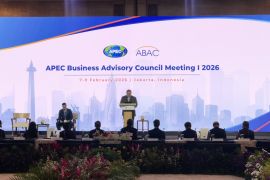According to the latest APEC Regional Trends Analysis received here, Wednesday, the APEC region expanded by 4.2 percent during the first half of 2018, which was faster than the 3.9 percent growth during the same period in 2017. However, the rate of expansion in APEC`s gross domestic product (GDP) has moderated.
Growth in the value of merchandise trade also posted modest gains in the first half of this year, while trade volume growth slowed down. Collectively, APEC members account for more than half of the global trade.
While the GDP and trade growth showed signs of moderation, the analysis also points to declining foreign direct investment flows amid an increase in the number of trade- and investment-restricting measures covering October 2017 to May 2018.
The region is forecast to grow at a moderate pace through 2019-2020 amid heightened uncertainty in trade and other policies, as well as higher inflation, exchange rate pressures, and episodes of financial market volatilities.
"There is much potential for growth in the Asia-Pacific region that could come from continued pick-up in global economic activity. This growth should translate to sustained strength in domestic consumption," Denis Hew, director of the APEC Policy Support Unit, which produced the report, noted.
Hew pointed out that APEC needs to boost reliable sources of growth, such as the services sector, and encourage more private investment in order to ensure balanced, sustainable, and inclusive growth.
"We also have to harness future drivers of growth, such as the digital economy and green technology, as well as implement productivity enhancing reforms," Hew stated.
The report also addressed the paradox of a decades-long downward trend in labor productivity growth even as digital technology has made work easier and more efficient.
"Computers have become more powerful, smaller, and cheaper over the years, which has led to many innovations in how firms and people do work, but this has not translated to growth in labor productivity and real wages," Emmanuel San Andres, an analyst at the APEC Policy Support Unit who co-wrote the report, noted.
"Addressing this downward trend in productivity requires new ways of doing things. Structural reforms, for instance, will be needed to ensure that rules and institutions remain relevant and responsive to the digital economy," Andres added.
The report helped to set the tone for the Concluding Senior Officials` Meeting and the APEC Ministers` Meeting to be held this week in Port Moresby as well as the gathering of APEC Leaders on Nov 18.
These high-level discussions are some of the last and most important meetings of APEC 2018 under Papua New Guinea`s hosting, which focuses on harnessing new technologies to make economies more inclusive.
Reporting by Yuni Arisandy Sinaga
Editing by Yoseph Hariyadi
Reporter: ANTARA
Editor: Bustanuddin
Copyright © ANTARA 2018












